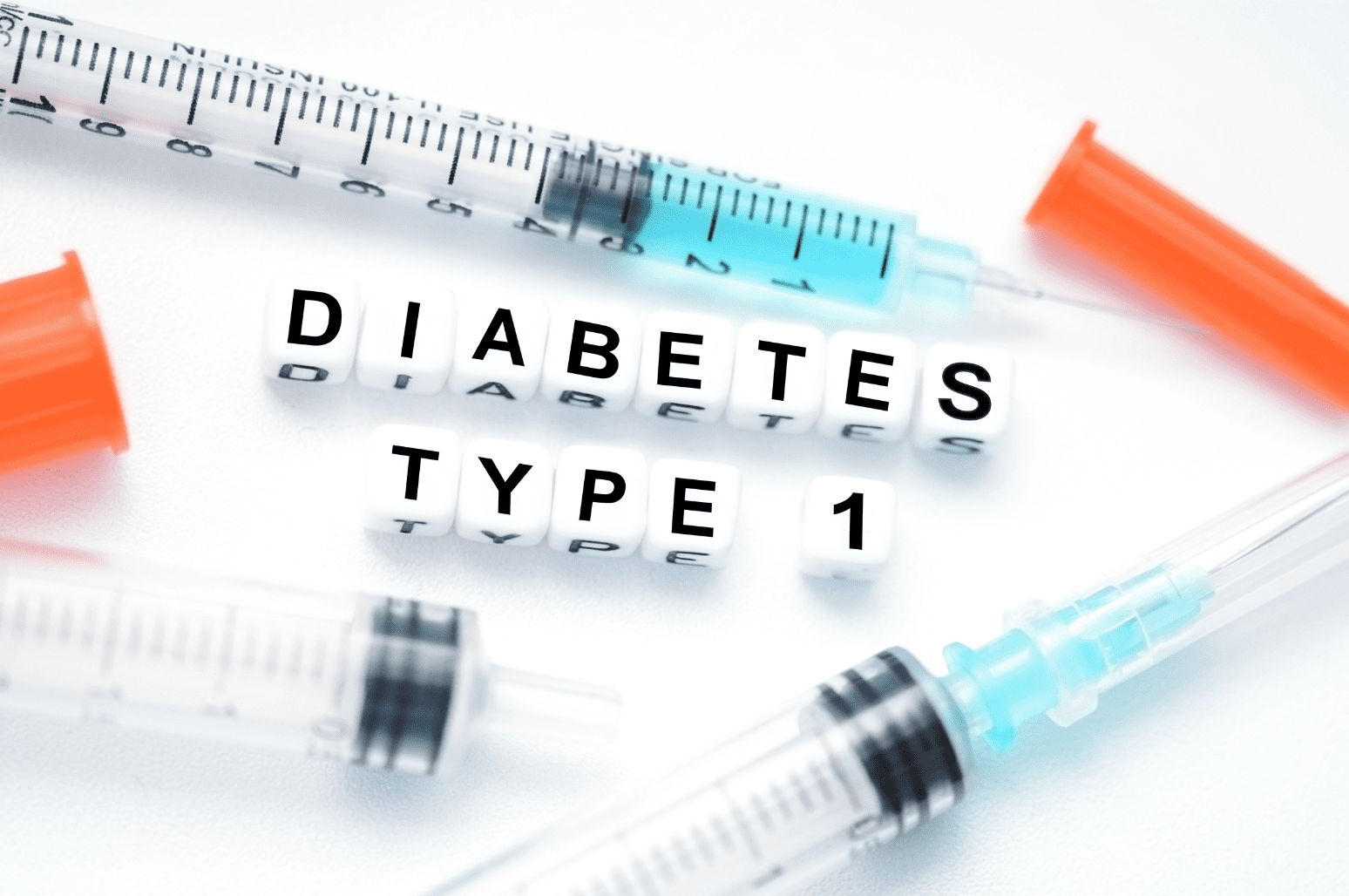
No one wants to have embarrassingly bad breath and while going keto has many benefits, one potential side effect is the dreaded keto breath. Even if you are on top of your dental hygiene, keto breath can still occur and be tiresome to try and get rid of. Let’s go over exactly what keto breath is, what causes it, and how you can prevent it.
What Is Keto Breath?
The key way to distinguish regular bad breath from keto breath has to do with the specific smell. Bad breath, or halitosis, is caused by bacteria and has a distinct leftover food type of odor. [1] Keto breath, on the other hand, will have a fruity or nail polish remover type smell.
What Causes Keto Breath?
The main cause of keto breath is a compound known as acetone. When you hear acetone, you probably think about nail polish remover, and you are on the right track!
Acetone is actually a ketone, one of the three ketones that your body naturally produces when in a state of ketosis. Acetone is highly volatile, which means you will breathe it out. This is what causes that nail polish remover like small. [2]

A less common cause of keto breath can be increased ammonia production. Ammonia (NH3) is a product of amino acid (the building blocks of protein) break down. Ammonia is converted into urea and then excreted through urine. [3]

The strong smell of ammonia in the breath or urine can be an indicator that protein consumption is too high, but this is very rare and unlikely. Most individuals consume adequate to too little protein and it is rare to consume too much protein.
The positive thing is that you know you are in ketosis if you suffer from acetone-smelling breath and it’s a strong indicator of breath acetone and urine acetoacetate levels. [4]
How Can You Prevent Keto Breath?
Outside of keeping up with your oral hygiene by regularly brushing your teeth and flossing, there are a few things you can do to improve your breath. First off, increase water consumption. Water will help prevent dehydration. Dehydration can reduce saliva production and lead to increased bacteria and the bad breath smells.
Remember to be cautious with mints and gum. Most have added sugar and the ones that don’t have sugar alcohols like sorbitol or maltitol can cause a glucose response.
Most importantly, the key factor is to be patient. Bad breath caused by the ketogenic diet doesn’t last forever and should go away after your body becomes more adapted.
Do You Suffer From Keto Breath?
What did you do to combat bad breath? Share your tips below!
References
Tungare S, Zafar N, Paranjpe AG. Halitosis. [Updated 2020 Dec 14]. In: StatPearls [Internet]. Treasure Island (FL): StatPearls Publishing; 2020 Jan-. Available from: https://www.ncbi.nlm.nih.gov/books/NBK534859/
Laffel L. Ketone bodies: a review of physiology, pathophysiology and application of monitoring to diabetes. Diabetes Metab Res Rev. 1999 Nov-Dec;15(6):412-26. doi: 10.1002/(sici)1520-7560(199911/12)15:6<412::aid-dmrr72>3.0.co;2-8. PMID: 10634967.
Weiner, I. D., Mitch, W. E., & Sands, J. M. (2015). Urea and Ammonia Metabolism and the Control of Renal Nitrogen Excretion. Clinical journal of the American Society of Nephrology : CJASN, 10(8), 1444–1458. https://doi.org/10.2215/CJN.10311013
Kathy Musa-Veloso, Sergei S Likhodii, Stephen C Cunnane. Breath acetone is a reliable indicator of ketosis in adults consuming ketogenic meals. The American Journal of Clinical Nutrition, Volume 76, Issue 1, July 2002, Pages 65–70, https://doi.org/10.1093/ajcn/76.1.65









